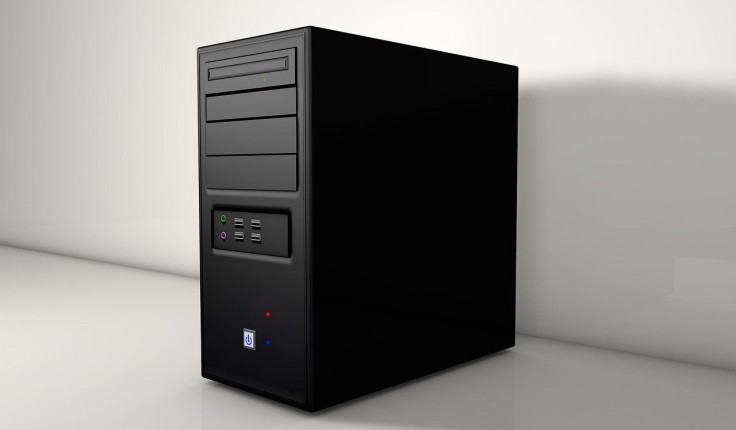NZXT Recall 2021: H1 Computer Case Can Overheat, Pose Fire Hazard
KEY POINTS
- NZXT is recalling its H1 computer cases over a potential fire hazard
- It has received 11 reports of the unit overheating or catching fire
- Users may contact the company to get a repair kit
NZXT is recalling its H1 Model computer cases because of a possible fire hazard. According to the company, metal screws can cause a short in the circuit board, potentially causing it to overheat.
According to the Feb. 12 recall notice at the Consumer Product Safety Commission (CPSC) website, the company has so far received 11 reports of the circuit board overheating or catching fire "worldwide." Among the incidents, six happened in the U.S.
In total, the company is recalling about 32,000 units as well as 1,024 that were sold in Canada. They were sold for about a year from February 2020 to February 2021 for $350, the CPSC said.
Previously, the company sent out repair kits that included two nylon screws, but this remedy reportedly did not fix the "root cause of the issue," NZXT CEO, Johnny Hou, said in a statement.
"Our Design, Engineering, and QA processes missed an incorrect clearance on the 12V power plane in the PCIe Riser Assembly PCB," the company explained. "This can cause a fire hazard if the mounting screw contacts the 12V power plane in the PCB."
Although the company said that the potential problem affects "a small percentage of cases," it is "playing safe" and is urging its customers to stop using the recalled computer cases until they get the repair kit and conduct the necessary repairs. This way, users can conduct the repairs themselves and won't have to send the unit elsewhere to have it fixed.
"We appreciate you," the company said. "And we appreciate the members of the gaming community who hold us accountable because they're working to keep everyone safe."
Customers can contact the company to request a repair kit, whether they bought the unit directly from NZXT or from a third party, NZXT said. The company also provided a guide on how to temporarily fix a problem while waiting for the kit.
"Going forward, we're instituting more robust and thorough design processes," Hou said. "From the initial designs, QA, to additional testing, we're committed to quality in both our products and our response to your concerns."

© Copyright IBTimes 2024. All rights reserved.






















